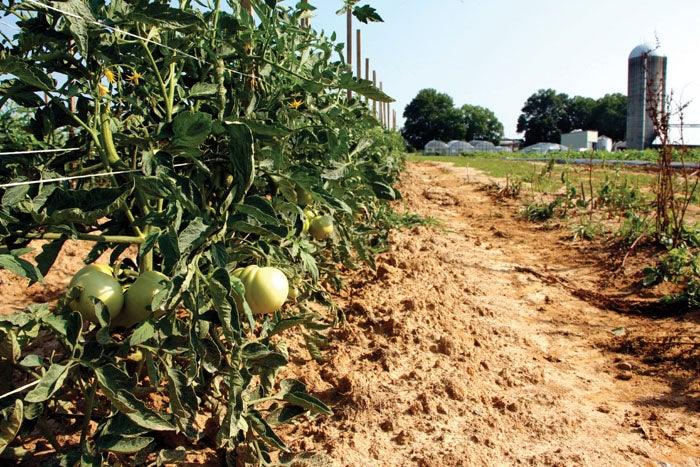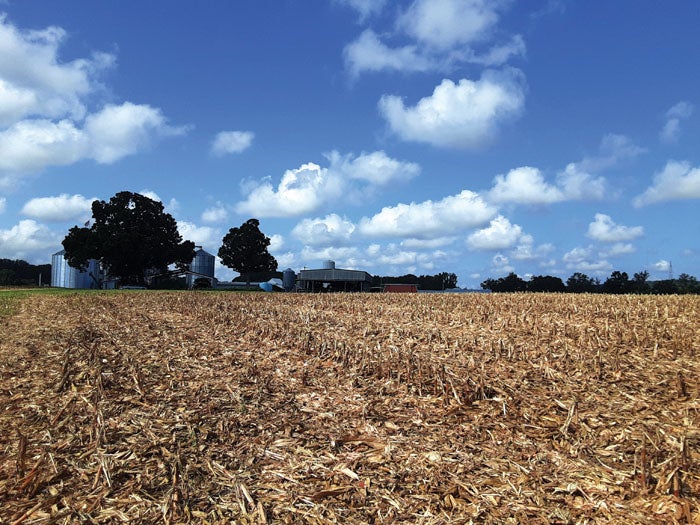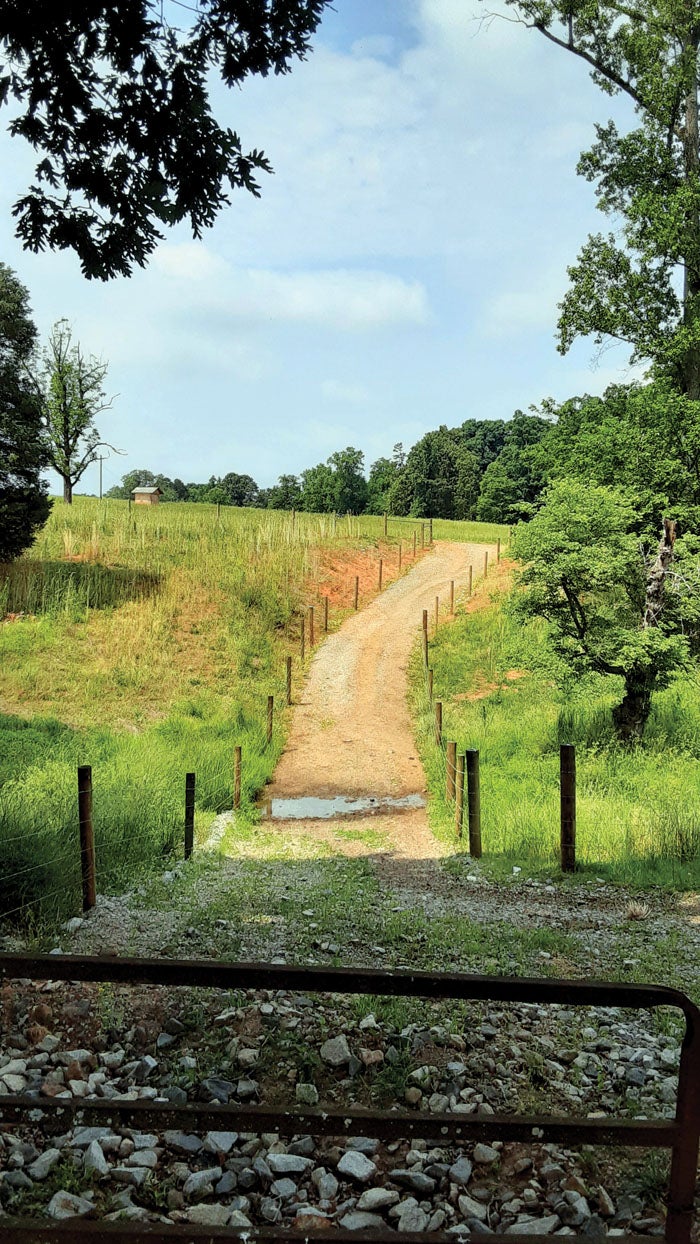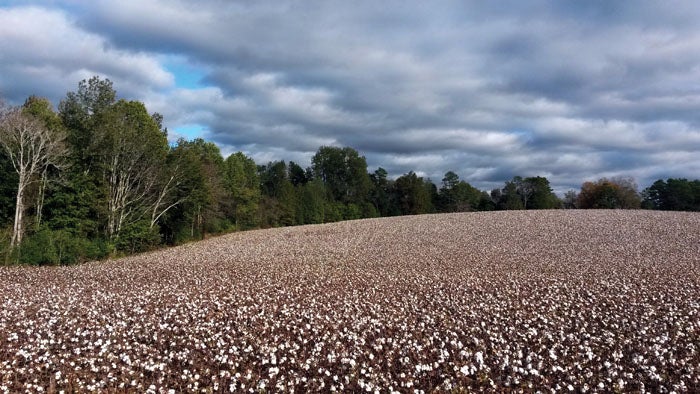Amy-Lynn Albertson: Farmland preservation vital to county, economy
Published 12:01 am Saturday, January 14, 2023
By Amy-Lynn Albertson
For the Salisbury Post
The 2022 Census of Agriculture was sent out by the USDA in December for farmers to complete. Producers can mail their completed forms or respond online via the improved web questionnaire. It is conducted once every five years and is the only source of uniform, comprehensive and impartial agriculture data for every state and county in our nation. Farmers and ranchers, trade associations, government agencies, extension educators, researchers, and many others rely on Census of Agriculture data when making decisions that shape American agriculture — from creating and funding farm programs to boosting services for communities and industry. This report is a producer’s voice, future and opportunity.
Conducted by the USDA’s National Agriculture Statistics Service (NASS), the Census of Agriculture is a complete count of U.S. farms, ranches and the people operating them. Even small plots of rural or urban land count if $1,000 or more of agricultural products were produced and sold, or would have been sold, during the census year. If you have yet to receive a census questionnaire and need one, go to http://agcounts.usda.gov. Responses are due by Feb. 6. NASS will send reminder notices to those who have yet to reply and may attempt to contact those producers for a personal interview. A response to the Census of Agriculture is required by federal law.
Today, less than 1% of the U.S. population farms, and nearly 20% of the food we eat is imported from other countries. The world population is expected to reach 9.8 billion people in 2050. We will need to feed all these people by farming the same amount or potentially less land than we do at present. Food security is just one of many reasons that farmland preservation is essential. Rowan County is blessed with a vibrant, productive agricultural economy. Cash receipts from marketing, including crops, livestock and government payments, totaled over $82 million in 2018. In 1990, Rowan was the first county in North Carolina to adopt an ordinance to help protect farms by creating Voluntary Agriculture Districts (VADs). In a county with 925 farms, we currently have 315 of them — spanning over 14,000 acres — enrolled in the program. While participation is voluntary, benefits include recognition and public education about agriculture, including signage, as well as increased protection from nuisance suits including noise, odor, dust or slow-moving farm vehicles. Members are given a waiver of water and sewer assessments, and public hearings held by the Agricultural Advisory board are required for proposed land condemnation.
The Agriculture Advisory Board will present a Rowan County Working Ag Lands Plan to the Board of Commissioners at their meeting on Jan. 17 at 6 p.m. The Agriculture Advisory Board has been working with the Lois G. Britt Agribusiness Center at Mount Olive University for two years to create a comprehensive plan with strategic actions to guide local leaders in their efforts to preserve farms and forests, as well as to market the benefits of the agricultural industry.
The goal of this Working Ag Lands Plan is to both highlight the importance of agriculture and assess the opportunities, challenges and issues facing the industry. The intent is neither to limit nor restrict landowners’ rights and uses; rather, it is meant to serve as a guide for actions to provide farmers, landowners and citizens an increased awareness of farmland preservation opportunities. The recommendations and action steps developed provide a guide for protecting and enhancing agriculture in Rowan County. The success of this plan depends upon the collaboration between local government, agricultural organizations, farmers, agribusiness and the citizens of the county. The Working Ag Lands Plan will be evaluated annually to celebrate accomplishments and add new recommendations as needed.
Agriculture is vital to Rowan County, its economy and family farms’ well-being. However, the final decision on farmland preservation rests in the hands of the owners of farms and forests. If you have questions about the Rowan Working Ag Lands Plan or other agricultural topics, please contact Rowan County Cooperative Extension at 704-216-8970 or http://rowan.ces.ncsu.edu.
Amy-Lynn Albertson is director of the Rowan County Extension.








